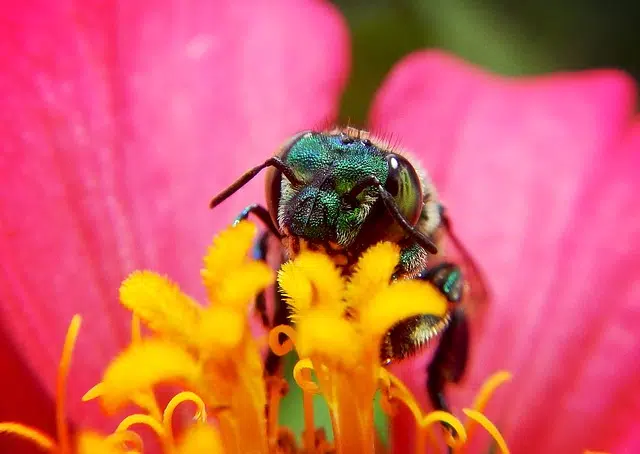
The authorities must guarantee respect for diversity.
Diversity comes from the Latin diversitas . It is a notion that refers to difference , variety , abundance of different things or dissimilarity .
Cultural diversity , for example, refers to the coexistence and interaction between different cultures .
Importance of cultural and sexual diversity
The existence of multiple cultures is considered an important asset of humanity since it contributes to knowledge . Each person, on the other hand, has the right to have their culture respected both by other people and by the authorities.
On many occasions, the survival of a culture is threatened by the advance of another with a hegemonic vocation. In these cases, the government and institutions must protect the culture that has less power to guarantee its subsistence and, in this way, ensure cultural diversity.
In that same sense, sexual diversity is the existence of different sexual orientations and identities. Minority groups, including homosexuals and bisexuals, are responsible for defending this concept so that their rights are not violated and they can access the same possibilities as the majority (heterosexuals).
Biodiversity
Biological diversity or biodiversity indicates the immense variety of living beings that inhabit the planet after millions of years of evolution. Environmental balance depends on the maintenance and protection of biodiversity. Within this classification are species belonging to both terrestrial and aquatic ecosystems.
In order to establish and quantify the diversity of the species in a region, it was necessary to know them taxonomically, to also be able to establish the importance that said species occupies within the ecosystem. Taxonomy is the science that studies different living organisms and the relationships established between them and their environment. It consists of one of the pillars for the existence of biodiversity because it allows us to get closer to an ecosystem and understand the various roles that each species has in the natural space.

Biological diversity is important for the planet.
Furthermore, diversity is linked to genetics , so much so that there is a concept known as genetic diversity and which is dedicated to the study of the various phenotypes between individuals that are part of the same species, and how each one interacts with the environment .
Ecological diversity
Ecological diversity is another of the great branches within biodiversity. It is dedicated to the study of the variety of species existing within the same ecosystem. We could say that it is the synthetic study of biodiversity, which focuses only on the specimens that exist in the same habitat and is dedicated to studying the way in which their actions can modify the natural environment. Ecological diversity analyzes the composition of the landscape, the variety of species that reside there and the influences that some project on others .
One of the big names that comes up when thinking about biodiversity is Jacques Cousteau , a French researcher passionate about life and, above all, our actions on the planet, who demonstrated great concern for the future of the earth.
In his extensive studies of life on Earth, Cousteau expressed the relevance that small actions could have on the future of what surrounds us ; and, above all, he expressed his desire for our species to become more attentive to the needs of the natural environment that it faced when approaching nature and to be respectful of what was found there, therefore, the modification of the life of a minimal species could mean a natural break that had taken dozens of years or even centuries to achieve and condemned who knew how many species to death.
